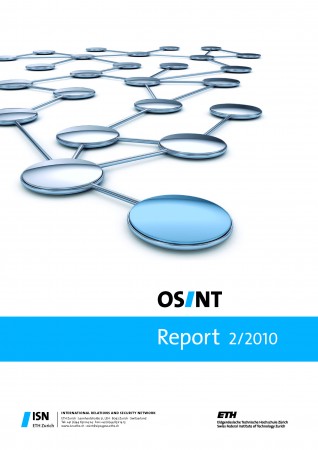
In our second Open Source Intelligence Report, Felix Juhl gives an introduction to cloud computing and its security implications. He argues that appropriate risk analyses, proper service level agreements and professional provider management are key to building and maintaining sustainable cloud information architectures.
Jan Störger theoretically approaches the role of OSINT for the intelligence community. He separates Open Source Intelligence from Non-Open Source Intelligence both in terms of sources and the means required to collect and exploit those sources. Furthermore, he suggests a model that describes its potential usefulness for non-state OSINT contributors.
Florian Schaurer looks into the use of social tagging within enterprises, addressing the importance of accurate taxonomies for collectively allocating and making best use of a broad range of sources.
He also examines the theory and application of academic source criticism, claiming that even in the digital age with its unparalleled variety, velocity and volume of information, the methods developed by historical and related sciences for working with sources are still crucial and up to date.
The Report is available in German. See also the ISN’s further resources on OSINT.

